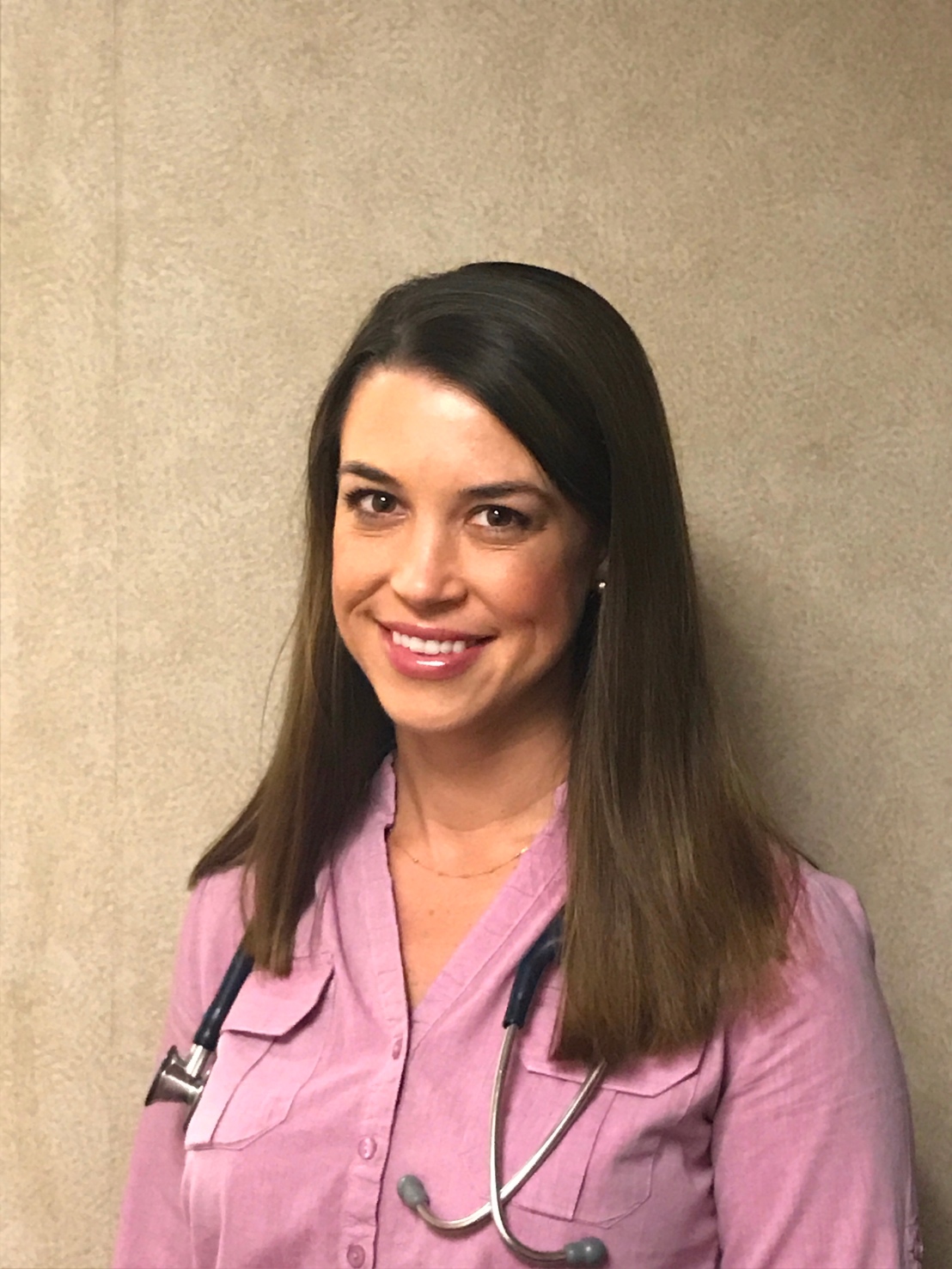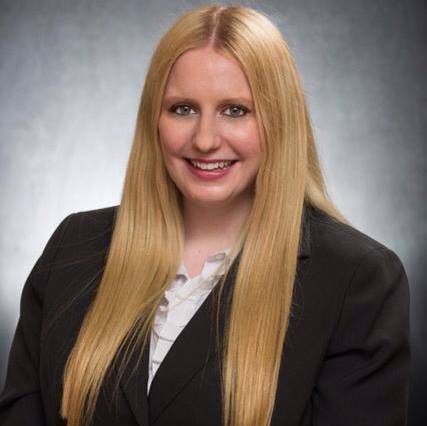
1. What is your specialty? Where do your work?
I work in family practice in Phoenix Arizona. I have also worked in pulmonology and critical care before coming to family practice.
2. What is a typical day like?
My clinic days are Tuesday, Wednesday, Thursday, and Friday from 8-4:15 with a 2 hour lunch break for admin/phone/lunch. I see about 16-18 patients on average per day; usual visits are about 15 minutes. I spend a few minutes in the mornings and at lunchtime and after clinic reviewing labs, answering telephone messages, reviewing medical records, calling patients, and charting. Mondays are my administrative days and I am able to work from home. I will usually put in 1-5 hours on my admin days, depending on how busy I am or if I’m catching up on charts. Ultimately, I work in about 42-44 hours total a week.
3. What attracted you to your particular specialty originally?
The long-term relationship with patients and their family members, as well as utilizing ALL the stuff I learned in school. Practicing general medicine forces me to stay current on all areas of medicine and constantly presents me with challenges, even after practicing this specialty for 5 years.
4. What do you find most interesting about your current specialty?
Personally, I enjoy diagnosing and treating gastrointestinal and cardiac disorders.
5. What special skills are required? Skills you learn once you were hired?
I would say the most important skill to have in family practice is listening to the patient. Medical histories are important when you are seeing the patient for the first time for a particular problem. As far as skills I learned since being hired, I have learned several in-office procedures, such as skin lesion biopsy/removal, joint injections/aspirations, nail removal, trigger point injections, hemorrhoid removal, I&D of abscesses. There are also a variety of physical exam skills I’ve learned or improved since starting family practice.
6. What do you like most about being a PA?
Having a skill set and knowledge base that is constantly growing. Practicing medicine means lifelong learning!
7. What are the challenges of your particular specialty?
Administrative demands are higher in FP than in most specialties (more time is required to answer telephone calls, request authorization for medications and tests from insurance companies, reviewing labs, medical records, etc).
8. Any other advice you’d like to share?
Prior to PA school, I would advise potential students to get as much hands-on experience with patients in as many different healthcare settings as possible.


